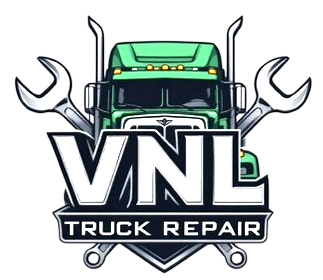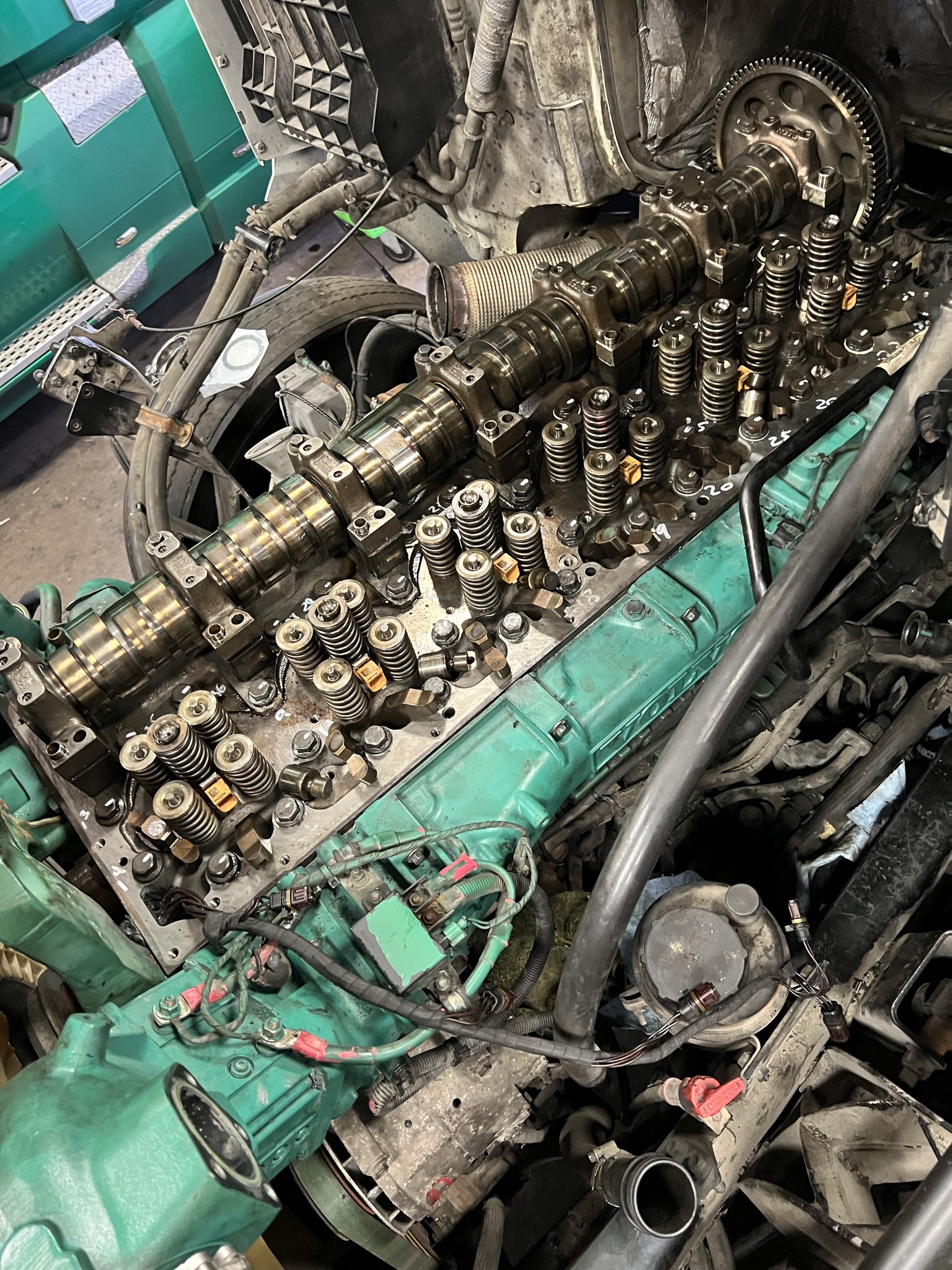
Valve Adjust Services
Valve adjustment is an important part of engine maintenance. If your valves are out of alignment, your engine can lose power, burn more fuel, and wear out faster. That’s why this service is key for engines like the Volvo D13 and ISX Cummins.
Over time, valves get out of spec. If they’re not fixed, it can cause overheating, rough idling, or even long-term engine damage. Regular valve adjustments help your engine run smoother, last longer, and stay fuel-efficient.
It’s best to include valve checks in your routine maintenance. Skipping it puts extra strain on the engine and may lead to costly repairs later.
Our team does this job the right way. We inspect your engine carefully, adjust the valves to spec, and make sure everything runs the way it should. A proper adjustment can improve performance, cut down on fuel use, and prevent bigger problems down the road.
Valve Adjustment Solutions

Inspection
We check valve clearances and look for signs of wear or damage before adjusting anything.
Read More
1. Rocker Arms: Checked for movement and wear.
2. Push Rods: Inspected for bending or damage.
3. Cam Lobes: We look for uneven wear that may affect timing.
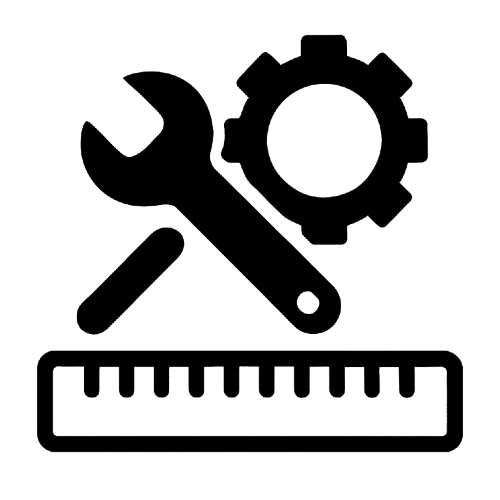
Adjustment to Spec
We set the valves to factory specs for engines like Volvo D13 and ISX Cummins.
Read More
1. Manual Adjustment: We use feeler gauges for precision.
2. OEM Specs: Each engine has a specific setting.
3. Valve Lash: Set to correct gap while engine is cold.
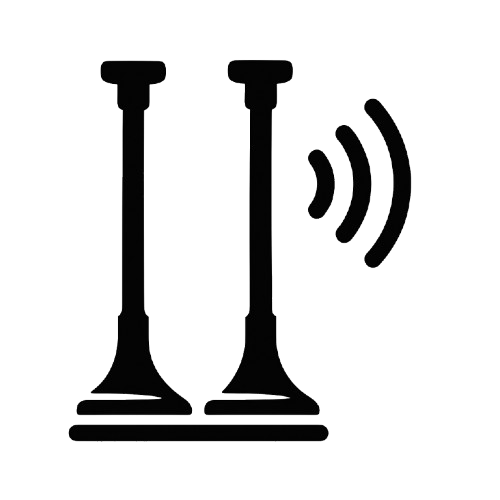
Noise & Idle Check
We listen for ticking or rough idle that may point to valve problems.
Read More
1. Ticking: Can mean a valve is too loose.
2. Low Idle or Stalling: Caused by tight valves.
3. Noise Pattern: Helps tell intake vs exhaust valve issues.
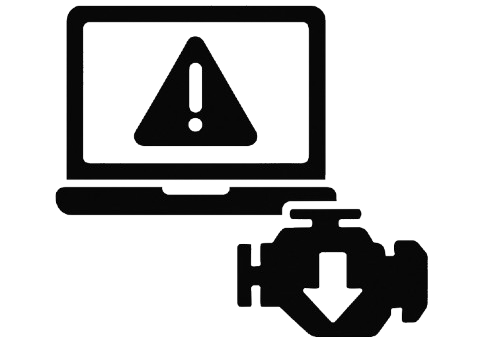
Power Loss Diagnosis
If your truck feels weak, we check if valve misalignment is the cause.
Read More
1. Derate Mode: Sometimes caused by tight valves.
2. Misfire Feel: Engine may shake or feel uneven.
3. Fuel Usage Spike: Poor valve timing can waste fuel.

Fuel Efficiency Check
We make sure valve timing isn’t hurting your fuel economy.
Read More
1. Overfueling: Can happen if valves are out of sync.
2. Exhaust Temps: We check for excess heat.
3. Smoother Operation: Correct timing improves MPG.
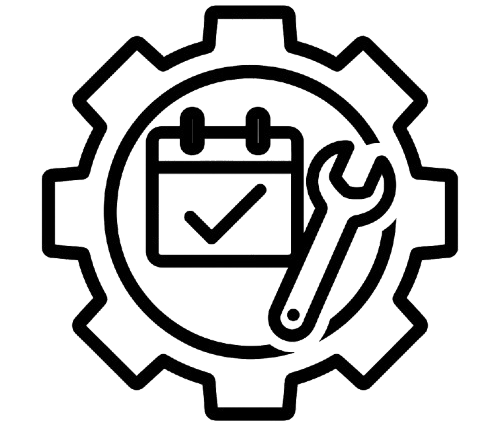
Preventive Maintenance
We recommend regular valve service at key mileage intervals to avoid costly engine repairs later.
Read More
1. Interval: Volvo/Cummins suggest service every 250k miles.
2. Early Signs: Loss of power, noise, or engine light.
3. Save Repairs: Fixing early avoids head or valve failure.
What You Should Know
What’s Included in a Valve Adjustment
Each valve is checked and adjusted to the correct clearance.
We check for wear or damage to critical valvetrain components.
Corrects anything affecting engine timing and overall performance.
Ensures the engine brake is also operating within spec.
When Should You Get a Valve Adjustment
Especially for Volvo D13 and Cummins ISX engines, or follow OEM intervals.
Such as ticking sounds, power loss, or rough idle.
Like cylinder head, camshaft, or rocker arm replacement.
Why It Matters to Get a Valve Adjustment
Like dropped valves, cracked heads, or engine misfire.
Identifies worn components before they fail.
Properly adjusted valves improve engine efficiency.
Keeps your engine running within spec to prevent performance limits.
